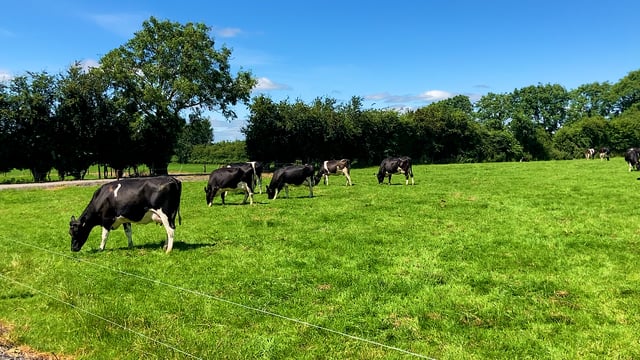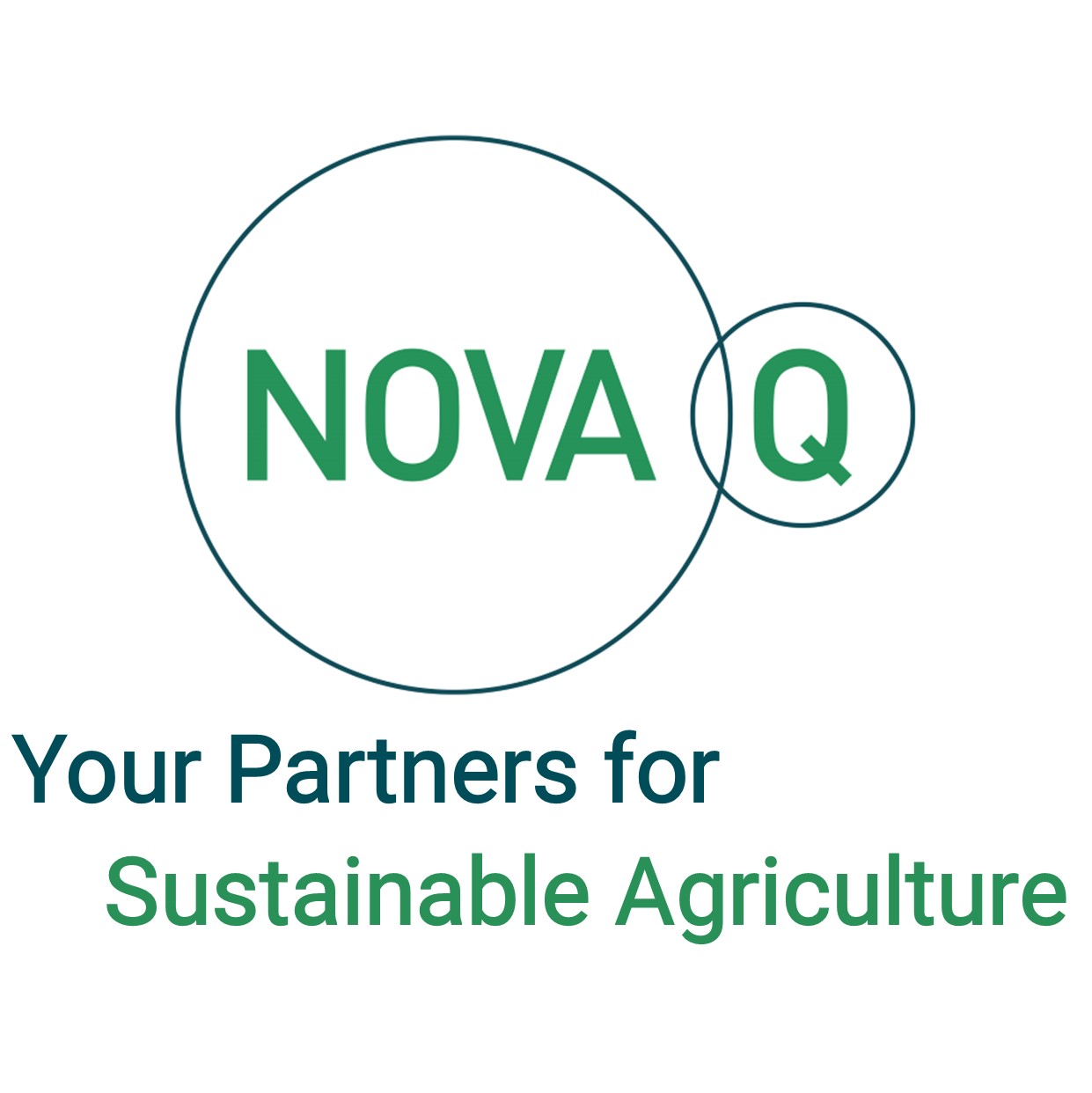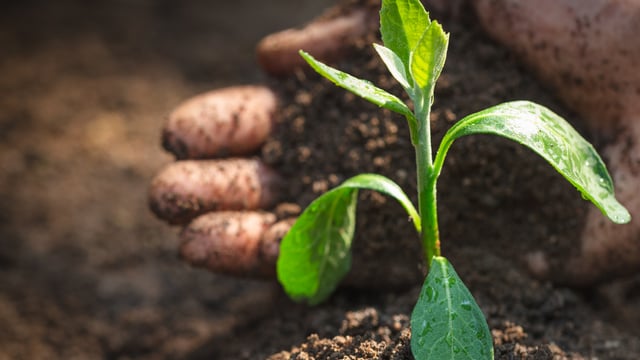Top EU climate think tank outlines 10 steps to just transition for farmers
A top EU environment and climate think tank has outlined 10 steps - or components - to ensure a 'just transition' for farmers and the agriculture sector in the move to cut greenhouse gas emissions.
The Institute for European Environmental Policy (IEEP) published a document last month entitled 'Just transition in the EU agriculture and land use sector', in which it outlines the "key potential losers" from the transition to lower emissions.
Among these "losers", the IEEP states, are livestock producers and farm workers who are unable to make a living from this form of production, due in part to the "shrinkage in the market for livestock products", which would affect the least competitive producers.
This would have a knock-on effect for farm labourers and staff, who may face unemployment as a result.
The IEEP also says that some farmland in Europe will be turned over to forestry, peat and habitat restoration, which will displace agricultural production on those lands.
Producers with a particular reliance on agrochemical inputs - as well as the providers of these products - would also be in the firing line as use of these products are discouraged over time, depending on the availability of alternatives.
The IEEP expects that farmers who are older or have less formal educational accomplishments will also get the short end of the stick when it comes to climate change mitigation.
The paper acknowledges that it would be "extremely surprising" if there were no adverse impacts to transition, as the point of transition is not to increase farm incomes but to increase sustainability.
To offset this, the IEEP outlines 10 components of a 'just transition' to offset these adverse effects.
The first is enhanced engagement with the farming and land management community. The paper calls for farmers to be brought together with other stakeholders in the food chain.
The IEEP says that this would prepare the farming community for the transition while also giving them a role in "shaping elements not yet in place". Engagement of this type should, the group argues, be based on an EU-wide initiative rather than taking place purely at the member state level.
The second component is analytical and supportive work, which would include things like research and studies into the impacts of the transition on the various sectors and related businesses; the outcomes for these sectors; and the wider socio-economic consequences, the IEEP says.
The third component is increasing knowledge and skills among farmers and workers so they are aware of new forms of land management that will be expected.
The fourth component is "fair terms and fair prices" for farmers. The IEEP says that "greater mobilisation of private sector support, both through the food chain and related sectors, such as finance, is required".
This, the paper says, could be encouraged by EU measures to establish more concrete obligations for retailers and other players.
"If retailers and food service companies raise price levels in response to sustainability requirements it is especially important that farmers receive a fair share of the increased revenues," the IEEP argues.
The remaining six components of a just transition for farmers, according to the IEEP, are summarised below:





